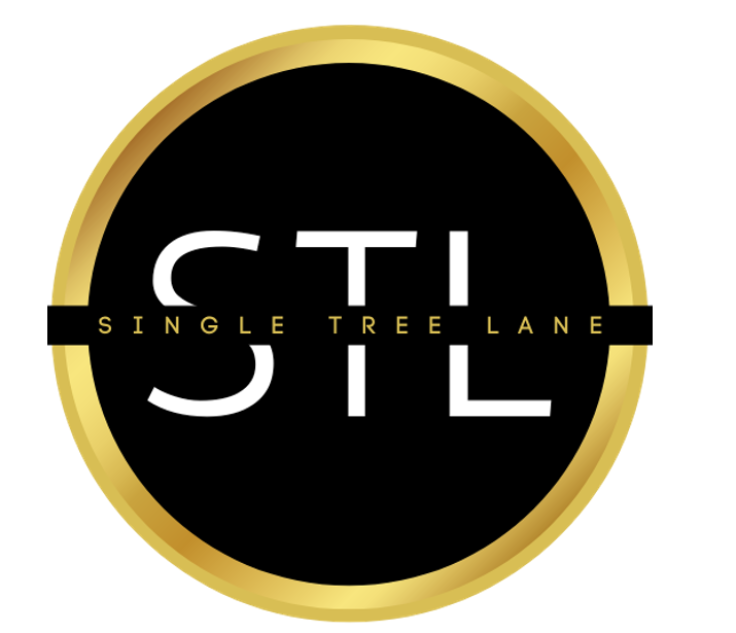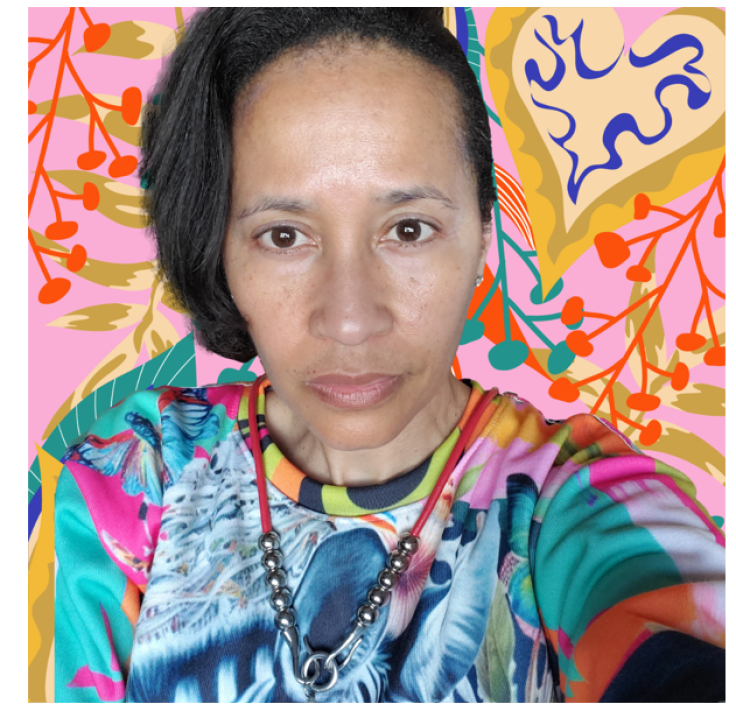
The rise of the internet, e-commerce, and free design tools has been a huge boon to independent fashion brands, allowing a lower cost of entry and reaching a wider and more varied market than ever before. They are no longer as constrained as before by geography, and even customers in distant locations can order their products.
SingleTree Lane, an independent fashion brand founded by entrepreneur and artist Anita Davenport, is among the many that are taking advantage of this democratization of fashion afforded by the internet. Named after a street in Southern California where Davenport grew up, SingleTree is a culmination and expression of her varied personalities, styles, interests, inspirations, and ethnic background. A prolific designer, Davenport established SingleTree to bring together aspects of all her creations under one umbrella.
Before the creation of SingleTree Lane, Davenport owned six different brands – That Hoody Shop, Rockin Panda Tees, Club Bedlam Sport, Whimzy Tees, Whimzy Cheeks, and Whimzy Home – with the latter two revolving around artfully drawn underwear, and home items such as bedsheets, respectively. Davenport says the reason why she had so many brands was due to having an abundance of ideas and designs that she would end up creating a new brand if the products didn't fit the existing brands' concepts. She has also founded 2 fashion shoe brands, THS Select (urban-style sneakers) and Mina Baddour Shoes (high-end heels).
Davenport comes from a multicultural background thanks to the roots of her mother and father. Her diverse roots have resulted in SingleTree Lane's designs reflecting a wide variety of cultures, especially from Europe and Africa, but also including Asian, Latin American, and Native American influences. These designs are mostly loud and colorful, with a "hobo chic" aesthetic, which combines different colors and patterns in ways that wouldn't work together on paper but are surprisingly compatible in real life.
Around 70% of SingleTree Lane's clientele are women, and Davenport has made sure that her designs stand out, but are also comfortable and what she likes to call, "easy wear, easy care, which is great for mothers of small children". In recent years, many women's wear brands have made comfort their main selling point, but most of their products have plain designs and muted colors, much like a uniform. Many of SingleTree's designs combine comfort with fashionable designs while meeting the dress codes of most workplaces.

A former trainer and consultant in the high-tech industry, Davenport is also passionate about technology, having created a healthcare app that she pitched to a major university's hospital. Aside from leveraging the power of e-commerce, she also uses technology to streamline the design and production processes, allowing her to create a huge number of designs. Davenport is also active on social media, where she wears her creations in her videos that have gathered thousands of views on TikTok.
Many of SingleTree Lane's products are made from recycled eco-polyester, like crop sweaters and joggers, reducing its environmental impact. They take advantage of as many U.S.-based manufacturers as possible with their sweaters being exclusively produced in the U.S. supporting the domestic economy.
Furthermore, 5% of each purchase at SingleTree Lane will be donated to charity, with customers able to pick the charity of their choice at the checkout stage. The company has selected six charities, with three focused on keeping women, children, and LGBTQ people safe, while the other three are related to the environment.
Moving forward, Davenport seeks to bring SingleTree Lane international, targeting Asian markets, such as China and Japan, and Latin America, particularly Mexico and Argentina, where there is a high demand for clothes with bright and colorful designs, similar to hers. She is looking for partners to work with in bringing her products to overseas markets, possibly opening brick-and-mortar stores in these locations.
"SingleTree Lane brings together thousands of product designs I have created over the years, making it easier for customers to purchase them," Davenport says. "I am always seeking to create a more inclusive brand, representing various cultures in our clothing while remaining respectful to their origins and minimizing negative environmental impacts. I am one of the few Black female designers in this space, seeking to advance representation and inclusivity in the industry further."







